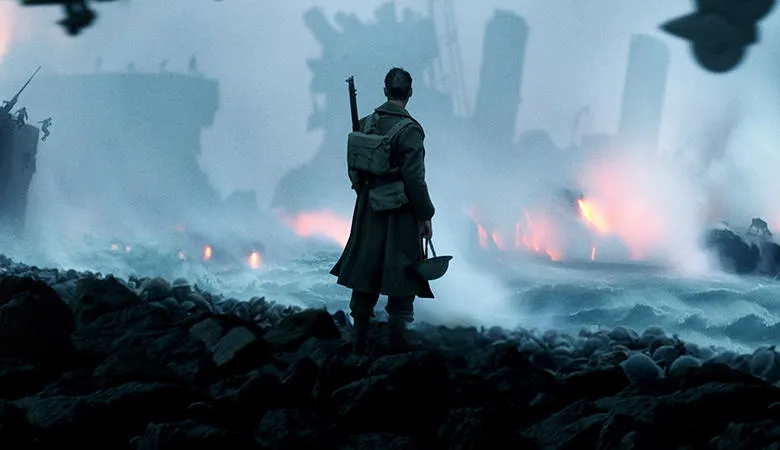09 April 2018
Fact vs Fiction – Academics challenge the historical accuracy of recent Hollywood blockbusters
Fact vs Fiction – Defence Studies Academics Dr Tim Benbow and Professor Ashley Jackson challenge the historical accuracy of recent Hollywood blockbusters Dunkirk and Darkest Hour

Two Historians from the Defence Studies Department provided reviews on the accuracies/inaccuracies of two of the biggest films from 2017.
Dunkirk
Dunkirk grossed $525.6 million globally, making it the highest grossing World War II film ever. BBC Culture quotes Dunkirk as an ‘immersive, visceral experience – a film that shows what it really would have been like to be huddled on the beach or holed up in the hull of a freighter as German troops close in during Britain’s most desperate hours. When watching it, you think this must be what it was really like’.
But was it? Dr Tim Benbow shares his thoughts about what Christopher Nolan’s epic got right – and what it got wrong.
The main accuracies pointed out were:
- How well the film showed the uncertainty and confusion
- The trials and tribulations of characters were not far from fact
- Ability to assign characters to factual individuals
- Countered some of the common myths
Watch the full review by Dr Benbow here.
Darkest Hour
Oscar nominated for best picture; Darkest Hour is an account of Winston Churchill in his early days as Prime Minister, as Nazi Germany swept across Western Europe under Adolf Hitler during World War II. Although the film got a lot of things right, the attempt of the film to condense a substantial period of time into a matter of days, then into 125 minutes presented some inaccuracies within the content, as Historian and Churchill biographer Professor Ashley Jackson points out.
Particular successes mentioned were the dramatic tension and atmosphere, combined with unsociable working hours which provided an accurate portrayal of his home and work life.


